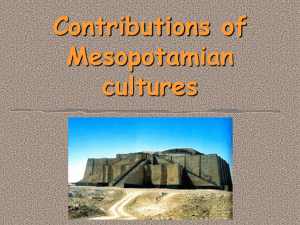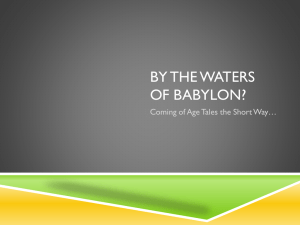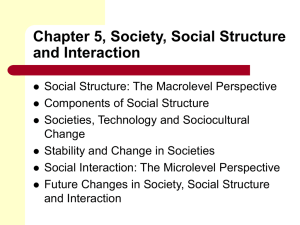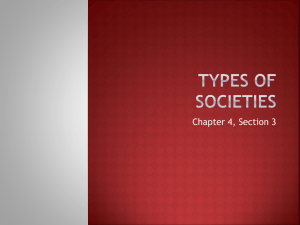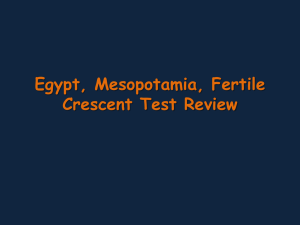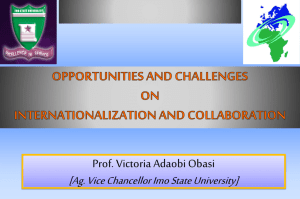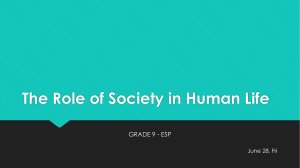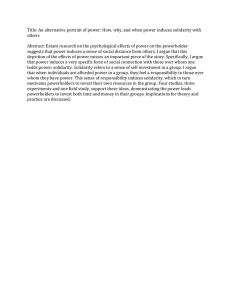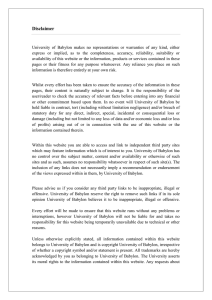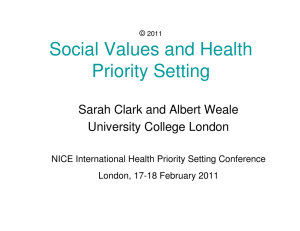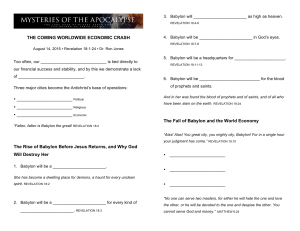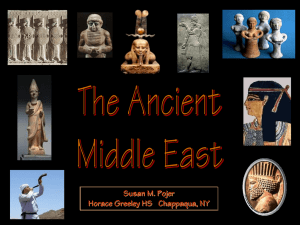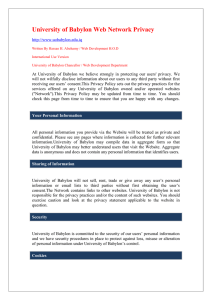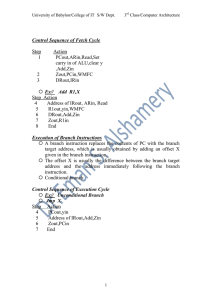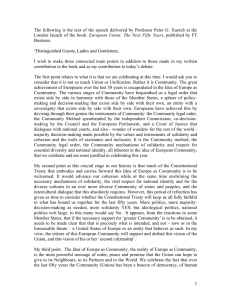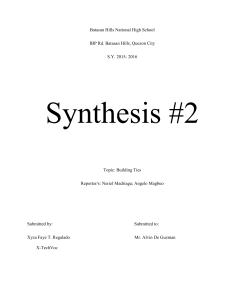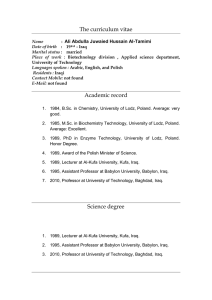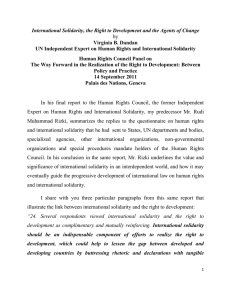Babylon and slow science
advertisement
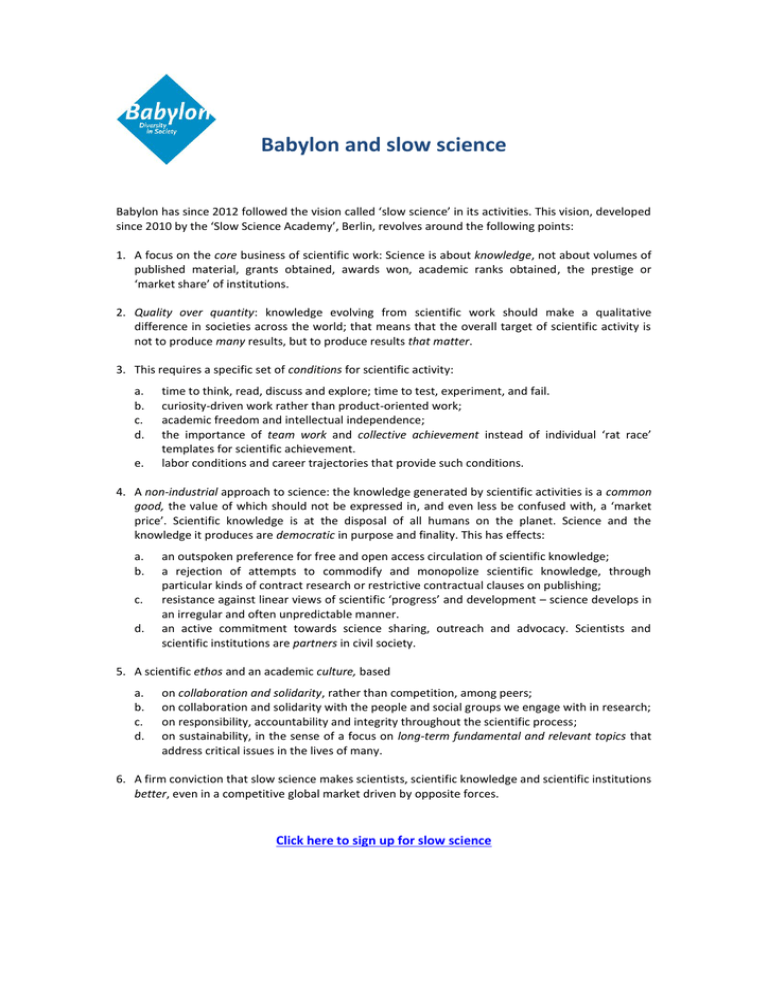
Babylon and slow science Babylon has since 2012 followed the vision called ‘slow science’ in its activities. This vision, developed since 2010 by the ‘Slow Science Academy’, Berlin, revolves around the following points: 1. A focus on the core business of scientific work: Science is about knowledge, not about volumes of published material, grants obtained, awards won, academic ranks obtained, the prestige or ‘market share’ of institutions. 2. Quality over quantity: knowledge evolving from scientific work should make a qualitative difference in societies across the world; that means that the overall target of scientific activity is not to produce many results, but to produce results that matter. 3. This requires a specific set of conditions for scientific activity: a. b. c. d. e. time to think, read, discuss and explore; time to test, experiment, and fail. curiosity-driven work rather than product-oriented work; academic freedom and intellectual independence; the importance of team work and collective achievement instead of individual ‘rat race’ templates for scientific achievement. labor conditions and career trajectories that provide such conditions. 4. A non-industrial approach to science: the knowledge generated by scientific activities is a common good, the value of which should not be expressed in, and even less be confused with, a ‘market price’. Scientific knowledge is at the disposal of all humans on the planet. Science and the knowledge it produces are democratic in purpose and finality. This has effects: a. b. c. d. an outspoken preference for free and open access circulation of scientific knowledge; a rejection of attempts to commodify and monopolize scientific knowledge, through particular kinds of contract research or restrictive contractual clauses on publishing; resistance against linear views of scientific ‘progress’ and development – science develops in an irregular and often unpredictable manner. an active commitment towards science sharing, outreach and advocacy. Scientists and scientific institutions are partners in civil society. 5. A scientific ethos and an academic culture, based a. b. c. d. on collaboration and solidarity, rather than competition, among peers; on collaboration and solidarity with the people and social groups we engage with in research; on responsibility, accountability and integrity throughout the scientific process; on sustainability, in the sense of a focus on long-term fundamental and relevant topics that address critical issues in the lives of many. 6. A firm conviction that slow science makes scientists, scientific knowledge and scientific institutions better, even in a competitive global market driven by opposite forces. Click here to sign up for slow science

